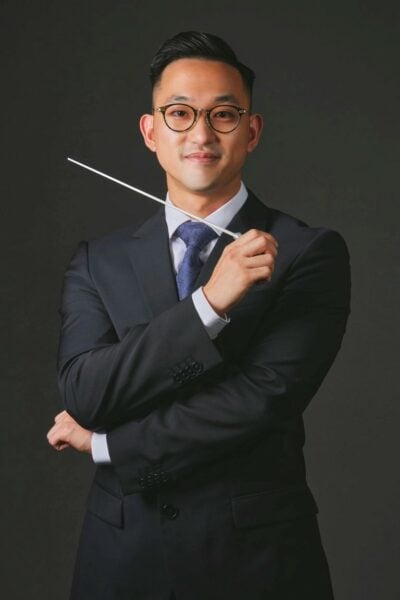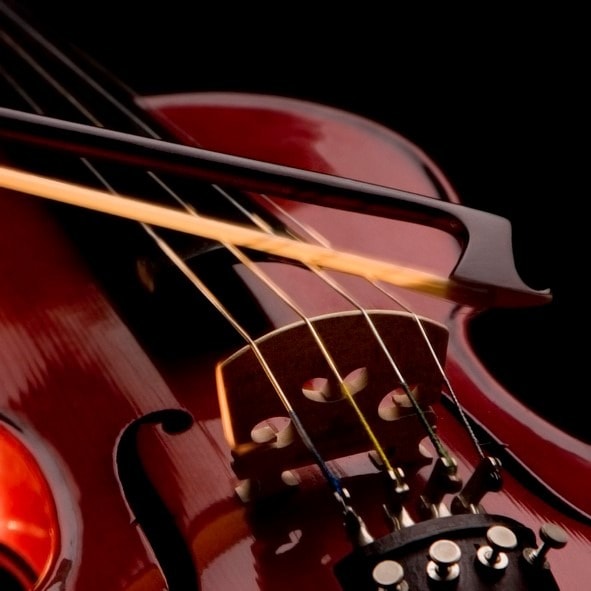/ News Posts / Reimagining Music Education: Embracing Informal Learning
Reimagining Music Education: Embracing Informal Learning
By NAfME member Anand Li
Do we fully understand how children engage with music outside formal education? If we can leverage the power of informal music-making, we might revolutionize music education.
The Power of Informal Music Engagement
Children aged 5-12 engage in a spectrum of musical activities, from solitary improvisation and group play to singing popular tunes or appreciating family or community music. These experiences are rich and diverse, and they offer valuable insights into how children learn and interact with music (Turino, 2008).
For instance, a playground becomes a musical classroom, where children learn through observation, imitation, and shared responsibility. They navigate their music journey, choosing what to learn, which ultimately shapes their identity.
The practices of popular musicians also inform these learning experiences. This approach is organic, centered on the learner’s choices, and is often characterized by copying recordings by ear and practicing in friendship groups (Green, 2008). Holistic learning integrates listening, performing, improvisation, and composing.
Additionally, media and technology provide reservoirs of music for children to explore and recreate. From TV and radio to the internet and video games, children now have unprecedented access to diverse musical experiences that stimulate aural, visual, and kinesthetic responses (Campbell, 2010).
Informal Learning and Music Education: A Paradigm Shift
Recognizing these informal interactions with music can reshape traditional in-school music education. Five critical areas of reconsideration include:
- Social and musical values: Emphasizing participation and engagement over pure technical excellence.
- Difficulty: Shifting from a linear progression of skill to a more fluid, repertoire-based learning approach.
- Student agency: Allowing students to have more control over their learning process.
- Kinesthetic learning: Incorporating body movement as a part of musical performance.
- Holistic and multimodal learning: Recognizing aural/oral and multimedia learning as valid forms of musicianship.
Recommendations for Music Educators
To harness the potential of informal learning, educators can consider the following:
- Participatory Approach: Choose repertoire that encourages participation and engagement.
- Student Autonomy: Give students a say in learning structures and let them choose some of the repertoire.
- Creativity and Performance: Encourage students to create and perform their versions of the repertoire.
- Peer Learning: Allow students to form groups and coach each other.
- Movement: Encourage expressive movements to accompany songs and compositions.
By embracing the values of informal music-making, we can foster more engaging and meaningful learning communities within our schools.
References:
Campbell, P. (2010). Songs in Their Heads: Music and Its Meaning in Children’s Lives (2nd ed.). New York: Oxford University Press.
Green, L. (2008). Music, Informal Learning, and the School: A New Classroom Pedagogy. Aldershot,UK: Ashgate.
Turino, T. (2008). Music as Social Life: The Politics of Participation. Chicago: University of Chicago Press.
About the author:
 NAfME member Anand Li—Educator, Conductor, Violist—has collaborated with numerous orchestras and currently conducts the Hong Kong Children’s Symphony Orchestra (Haydn Orchestra). He is a committed music educator, leading various youth and children’s orchestras to accolades at competitions and public performances. He holds a Master of Music in Music Education from Boston University and is pursuing his Doctor of Education at the University of South Carolina. With a Bachelor of Arts in Music from Hong Kong Baptist University, Li has received several scholarships recognizing his musical prowess. His articles have appeared in different presentations, roundtables, and webinars.
NAfME member Anand Li—Educator, Conductor, Violist—has collaborated with numerous orchestras and currently conducts the Hong Kong Children’s Symphony Orchestra (Haydn Orchestra). He is a committed music educator, leading various youth and children’s orchestras to accolades at competitions and public performances. He holds a Master of Music in Music Education from Boston University and is pursuing his Doctor of Education at the University of South Carolina. With a Bachelor of Arts in Music from Hong Kong Baptist University, Li has received several scholarships recognizing his musical prowess. His articles have appeared in different presentations, roundtables, and webinars.
Website: anandli.com
Connect with Li on Facebook, LinkedIn, and Instagram.
Did this blog spur new ideas for your music program? Share them on Amplify! Interested in reprinting this article? Please review the reprint guidelines.
The National Association for Music Education (NAfME) provides a number of forums for the sharing of information and opinion, including blogs and postings on our website, articles and columns in our magazines and journals, and postings to our Amplify member portal. Unless specifically noted, the views expressed in these media do not necessarily represent the policy or views of the Association, its officers, or its employees.
Published Date
October 24, 2023
Category
- Culturally Relevant Teaching
- Innovation
- Repertoire
Copyright
October 24, 2023. © National Association for Music Education (NAfME.org)






